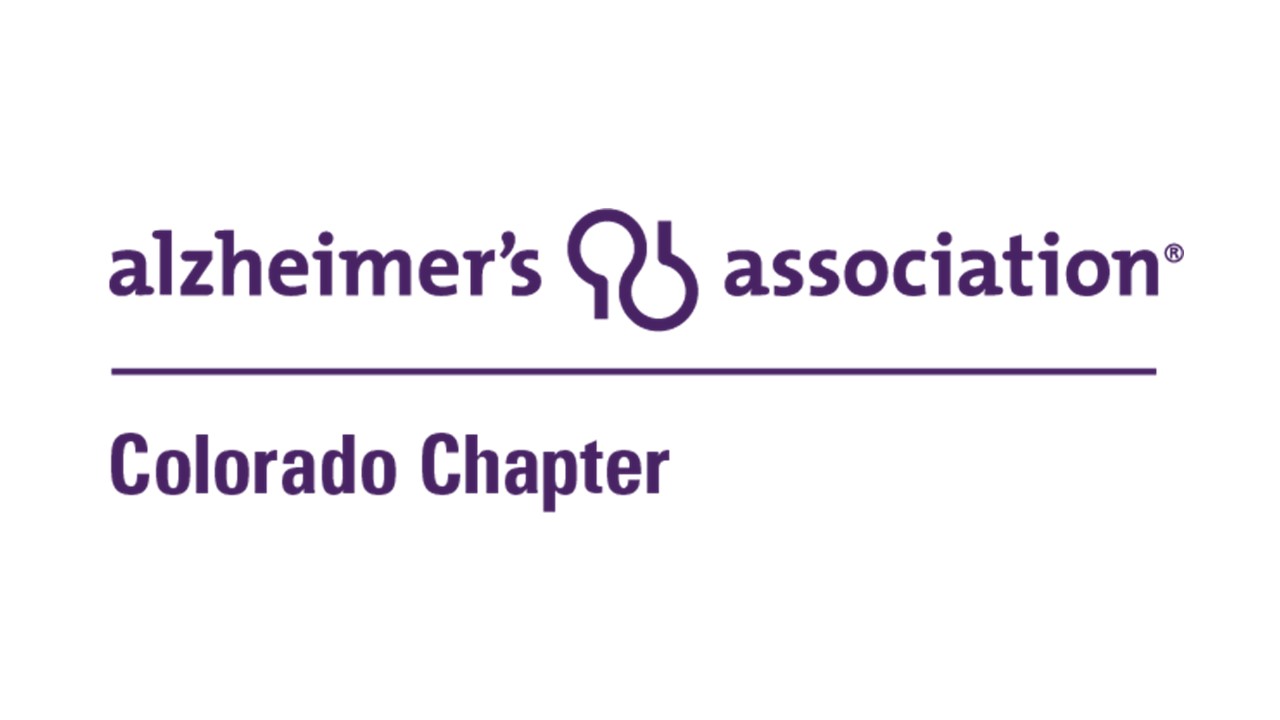AARP Hearing Center

Roughly once every minute, someone in the United States develops Alzheimer’s disease. And roughly once every minute, family members and loved ones are overcome with stress and sadness upon hearing the news. In that confusion and the urgency to understand the short- and long-term implications, families frequently overlook the critical consideration of financial planning.
“The comment we hear most often is: ‘Gosh, I wish I’d known that this kind of support was available a year ago…or three years ago…or five years ago,’” said Stacy Osborne, CEO of Beneficent, a consulting firm for long-term care solutions. “So often, families are so busy learning about dementia that they don’t recognize how long it will go on, and what the costs can be.”
To help families anticipate the financial impact of providing Alzheimer’s care, Osborne will lead an educational session, “Financial Programs that Help with Caregiving,” during the free virtual Rocky Mountain Conference on Dementia sponsored by the Alzheimer’s Association on Thursday, March 10, from 9 a.m. to 4 p.m.
9 financial tips
In anticipation of the Rocky Mountain Conference on Dementia, Osborne and her team have developed nine financial planning tips for families to consider if someone in their family receives an Alzheimer’s diagnosis:
- Get answers to financial questions early – Alzheimer’s is a confusing disease. Once families have answered financial questions, it can reduce stress and enable them to focus on caregiving.
- There is money where you haven’t looked – Cash value of life insurance…veterans’ benefits…home assets…there may be money available in places you haven’t considered.
- Don’t take “no” for an answer – The major pitfall for many families is that someone tells them “no” because they’re not familiar with the range of possible financial options. Get a second opinion from a financial services professional.
- Don’t decide too soon…or wait too long – Waiting too long to answer critical financial questions can cost you, but so can moving too soon. Find your “sweet spot.”
- You’re not buying a car – When shopping for a car or a house, you want the lowest price. When making care decisions for a loved one, you want to ensure you’re providing the right level of care.
- Talk to a professional – You see a mechanic to fix your car…a plumber for your sink…an attorney for estate planning. For financial planning, talk to a professional who does that for a living.
- Planning can help avoid burnout – Making financial plans can ensure you have the support system you need in place. Caregivers often make sacrifices in both their personal and professional lives and need a break to be effective.
- Smart decisions benefit the entire family – Your choices affect the whole family as caregivers and for your financial futures.
- You are not the client – Your loved one is. Every family has a different dynamic and different considerations. The financial planner, who is a “mandatory reporter,” will work to ensure that the interests of the person with dementia are represented.
To hear the presentation on Financial Programs that Help with Caregiving, register for the free virtual Rocky Mountain Conference on Dementia by calling the Alzheimer’s Association’s 24/7 Helpline at 800-272-3900.
Contact: Jim Herlihy, Marketing & Communications Director (720) 699-9286 or jherlihy@alz.org
This is not an AARP event. Any information you provide the host organization will be governed by its privacy policy.































































